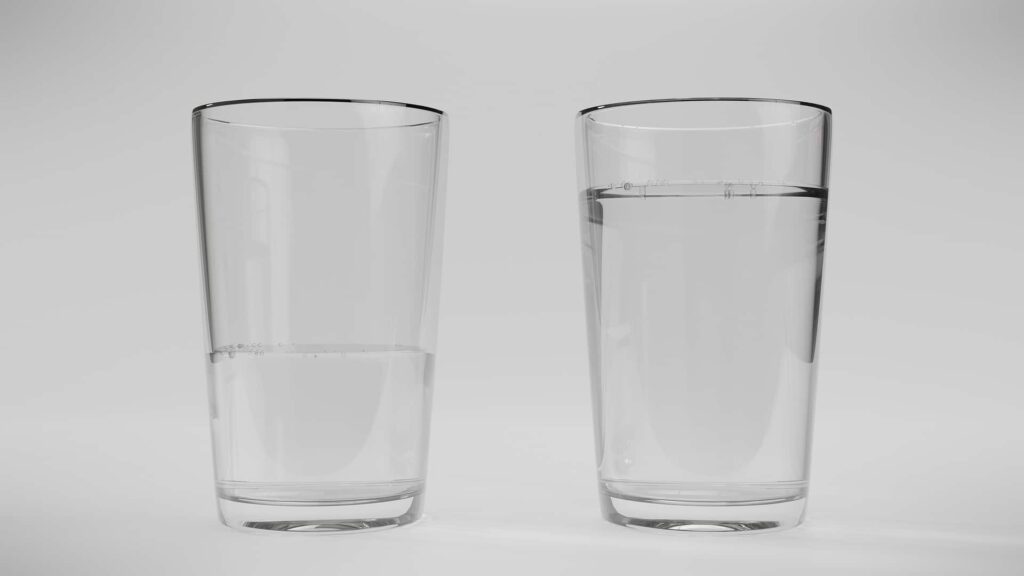Table of Contents
Table of Contents
Table of Contents
Symptoms of Hormone Imbalance in Men: Understanding the Signs, Causes, and Solutions

Hormones play a critical role in maintaining a man’s overall health and well-being. These chemical messengers regulate countless bodily functions, from metabolism and mood to muscle growth and reproductive health.
Even small hormonal imbalances can have profound effects on physical, emotional, and mental well-being. Understanding these imbalances, their causes, and how to address them is crucial for maintaining a healthy and fulfilling life.
This article dives deep into the symptoms of hormone imbalance in men, shedding light on their causes and providing actionable solutions to restore balance and vitality.
Symptoms of Hormone Imbalance in Men
Physical Symptoms
Hormonal imbalances can manifest in various physical ways. Common symptoms of hormone imbalance in men include:
- Fatigue and Low Energy: Persistent tiredness, even after adequate rest.
- Weight Changes: Unexplained weight gain or loss.
- Altered Body Composition: Reduced muscle mass and increased body fat, especially around the abdomen.
- Sleep Problems: Insomnia or disrupted sleep patterns.
- Sexual Dysfunction: Reduced libido, difficulty achieving or maintaining erections, and decreased sperm production.
Emotional Symptoms
Beyond physical issues, hormonal imbalances can also take an emotional toll. Common emotional and mental signs of hormonal imbalance in men are:
- Irritability and Aggressiveness: Sudden mood swings and heightened sensitivity.
- Depression and Anxiety: A sense of hopelessness or constant worry.
- Cognitive Issues: Difficulty concentrating, memory problems, and mental fog.
Male Health: How to Recognize Hormonal Imbalance?

The key to managing hormonal imbalance lies in recognizing the signs early. Men should stay attuned to changes in their energy levels, mood, and physical appearance.
- Persistent Fatigue: A common but often overlooked symptom.
- Loss of Muscle Strength: A noticeable decrease in physical performance.
- Mood Swings: An unusual shift in emotions, ranging from irritability to sadness.
If you experience any of these signs of male hormone imbalance, it’s crucial to seek medical advice for proper evaluation.
Hormonal Disruption: Silent Enemies of Men’s Health
Hormonal imbalances often progress quietly, making them easy to ignore until symptoms become severe. Among the silent disruptors are:
- Cortisol Overload: Prolonged stress leads to elevated cortisol, which interferes with testosterone production.
- Estrogen Dominance: An imbalance between estrogen and testosterone can cause weight gain and mood changes.
- Thyroid Dysregulation: Impacts energy, metabolism, and mood.
Being aware of these effects of hormonal imbalance in males can help prevent long-term health consequences.
Testosterone: Why Is It So Important for Men?

As the primary male sex hormone, testosterone is essential for:
- Muscle Growth: Stimulates protein synthesis and reduces fat accumulation.
- Sexual Health: Drives libido, sperm production, and erectile function.
- Bone Health: Maintains bone density and strength.
A decline in testosterone, often referred to as andropause, can lead to numerous health issues, highlighting the need to maintain optimal levels.
Causes of Hormonal Imbalance in Men
Age-Related Changes
One of the most common causes of male hormone imbalance is aging. Testosterone levels naturally decline after the age of 30, leading to symptoms such as reduced energy, libido, and muscle mass.
Lifestyle Factors
Unhealthy habits significantly contribute to hormonal issues:
- Poor diet lacking essential nutrients.
- Sedentary lifestyle with little to no exercise.
- Chronic stress, which raises cortisol levels and disrupts testosterone production.
- Alcohol and drug use, which can impair hormone synthesis.
Underlying Health Conditions
Certain medical conditions can cause hormonal imbalances:
- Diabetes: Alters insulin production and regulation.
- Thyroid Disorders: Can lead to abnormal testosterone levels.
- Obesity: Excess fat tissue disrupts hormonal signaling.
Medications
Some medications, such as steroids and opioids, can affect hormone production and regulation, contributing to effects of hormonal imbalance in males.
Environmental Factors
Exposure to endocrine-disrupting chemicals in plastics, pesticides, and household products can interfere with hormone levels.
Diagnosing Hormonal Imbalance in Men

Blood Tests
The most reliable method to identify signs of male hormone imbalance is through blood tests measuring:
- Testosterone levels.
- Cortisol levels.
- Thyroid hormones.
Advanced Imaging
In cases where the cause is unclear, doctors may recommend imaging tests, such as MRI, ultrasound, or CT scans, to investigate underlying health issues.
How to Restore Energy and Youthfulness: Tips for Men

Addressing hormonal imbalances can help men feel rejuvenated and full of energy. Key tips include:
- Regular Exercise: Strength training is particularly effective in boosting testosterone levels.
- Balanced Diet: Incorporate foods rich in zinc, magnesium, and omega-3 fatty acids.
- Stress Management: Engage in mindfulness practices to lower cortisol levels.
- Sufficient Sleep: Aim for 7-9 hours of quality sleep each night.
- Medical Consultations: Routine checkups to monitor hormone levels.
Conclusion
Hormonal balance is fundamental to a man’s physical and emotional health. Recognizing the signs of male hormone imbalance and addressing them promptly can prevent long-term health complications.
By understanding the symptoms of hormone imbalance in men and implementing proactive measures, you can maintain vitality and confidence throughout life. Remember, taking charge of your health today ensures a better tomorrow.


